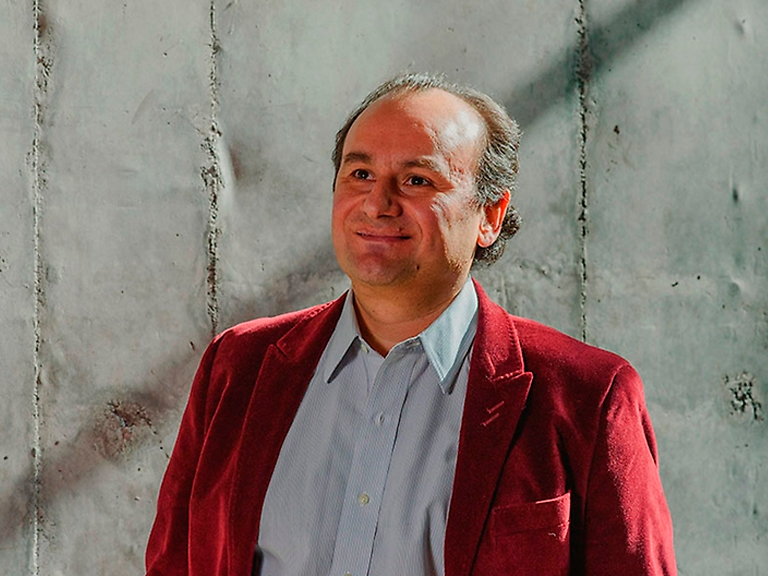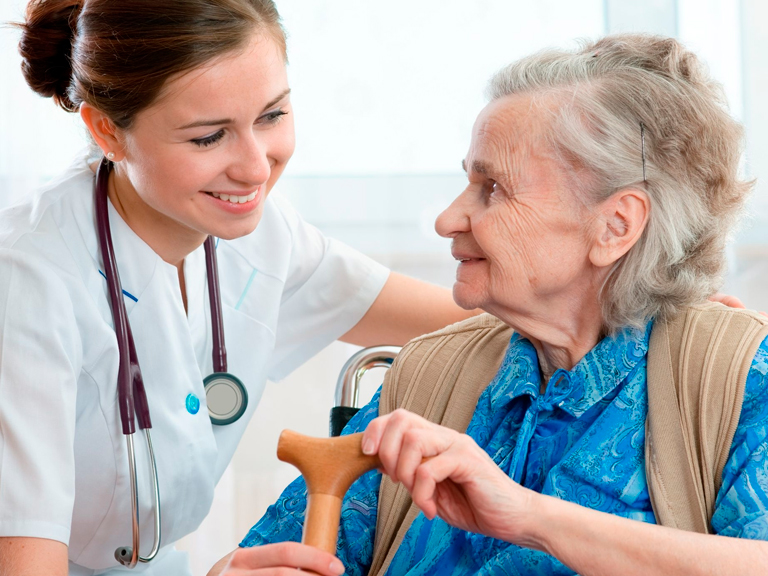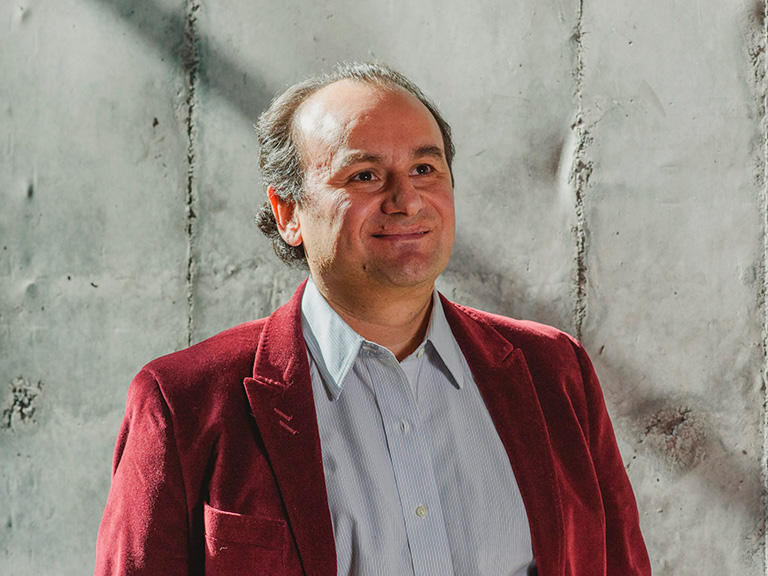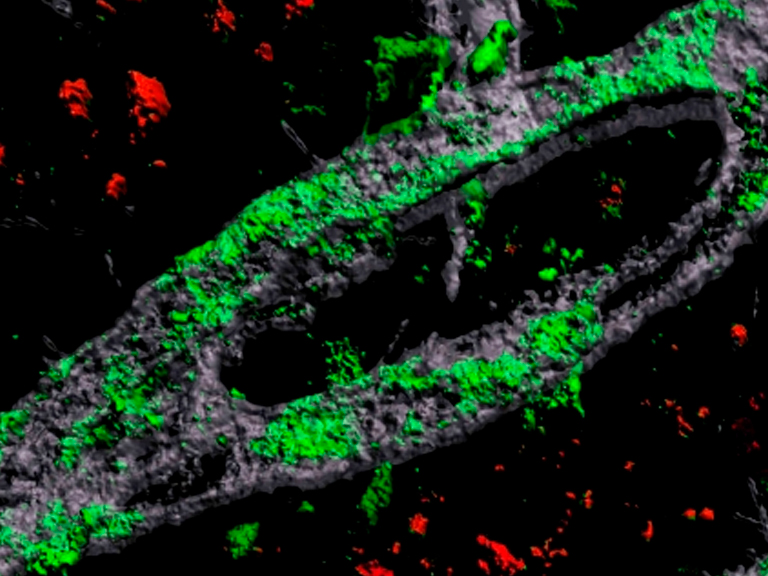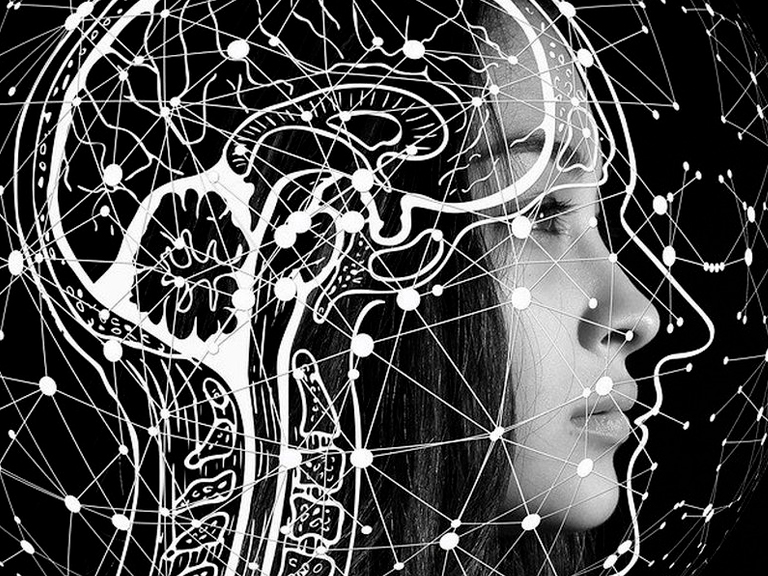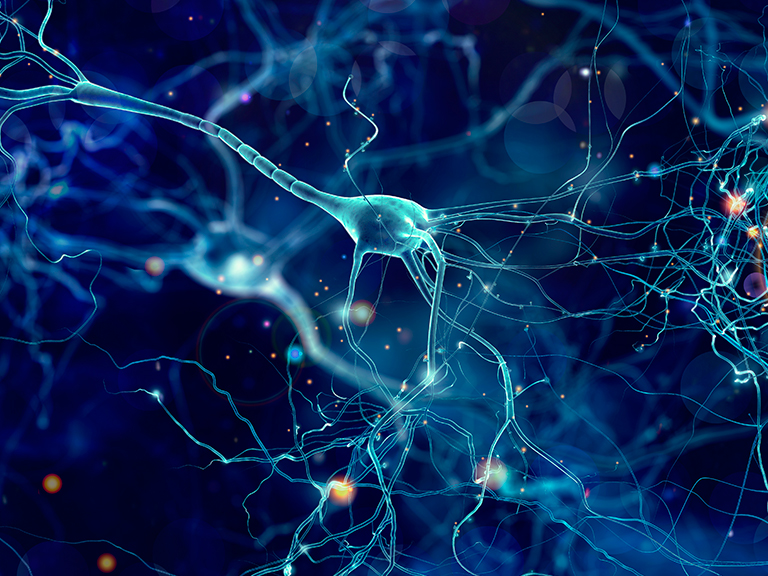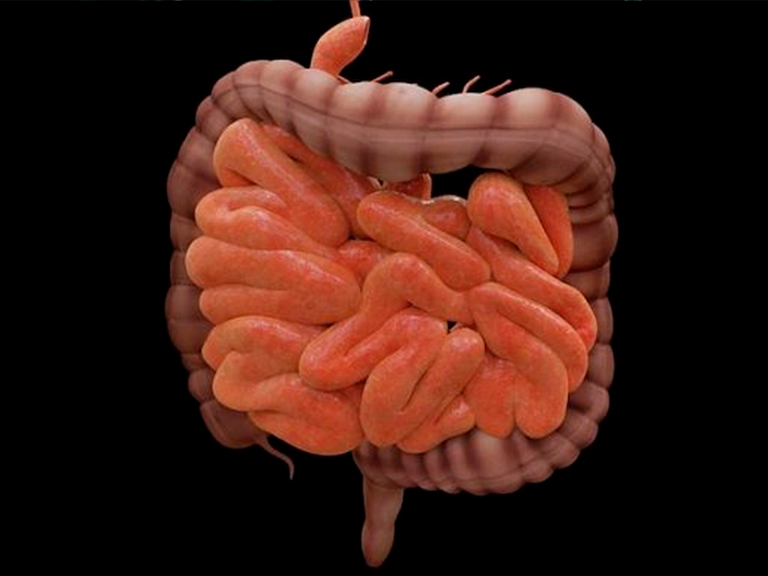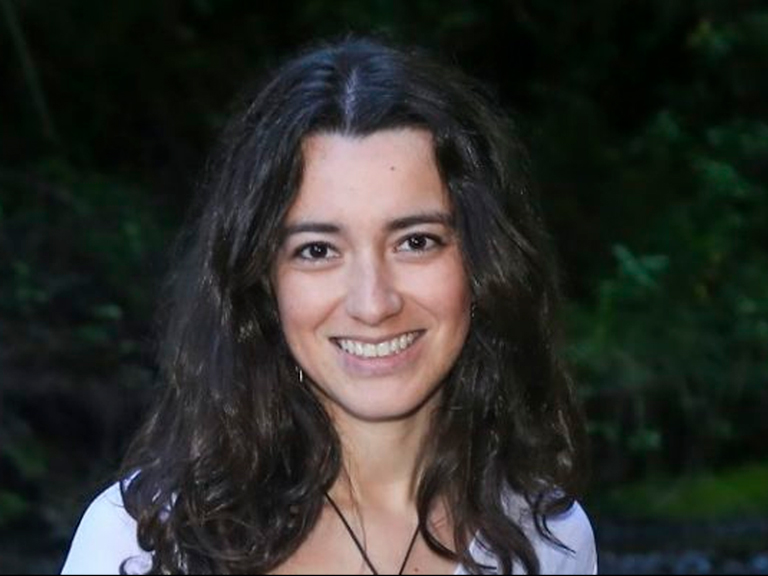Estimado (a),
La Agencia Nacional de Investigación y Desarrollo, ANID, quiere invitarle a participar en el diseño de su Política de Acceso Abierto a Información Científica y Datos de Investigación, una iniciativa desarrollada por la institución, para asegurar la disponibilidad del conocimiento científico contenido en las publicaciones resultantes de la ejecución de proyectos de investigación, financiados con recursos provenientes de la Agencia.
El objetivo es darla a conocer y recibir los aportes de la comunidad, para poder implementarla a partir de 2021.
Para su óptima puesta en marcha, nos parece vital la realización de una consulta participativa no vinculante, de manera de conocer las opiniones de la comunidad científica, usuarios, usuarias y la ciudadanía en general, respecto de algunos aspectos relevantes como:
- Objetivo General
- Objetivos Específicos
- Fases de la Política de Acceso Abierto
- Disposiciones Específicas para las Publicaciones
- Disposiciones Específicas para los Datos de Investigación
- Gestión de la Agencia Nacional de Investigación y Desarrollo
Le invitamos a revisar el borrador de la Política de Acceso Abierto y a participar de la consulta pública a través del siguiente enlace.
La consulta permanecerá abierta hasta las 23:59 horas del viernes 31 de julio de 2020.
De antemano, agradecemos su interés.
Aisén Etcheverry
Directora Nacional
Agencia Nacional de Investigación y Desarrollo
